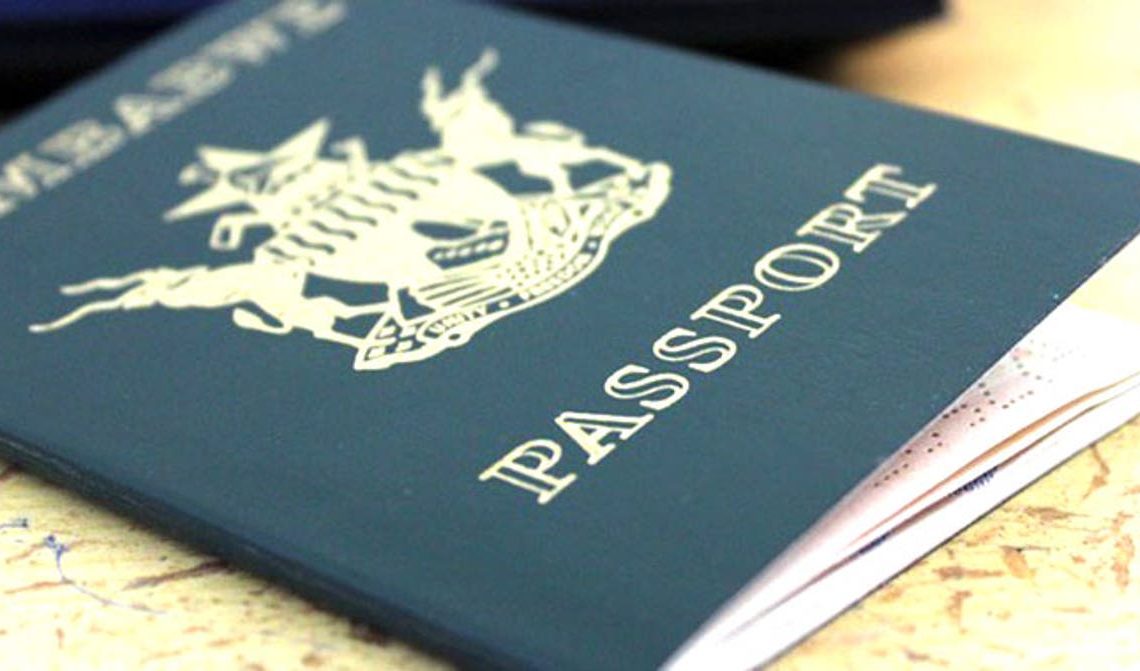PRESIDENT Emmerson Mnangagwa on Tuesday launched the country’s e-passport in a progressive move to eliminate the massive backlog at the Registrar General’s Office and also stem organised crime.
The new e-passport would replace the ordinary passport and will have several security features, among them, an electronic cover with a chip, a security thread fully embedded in the inner booklet pages, as well as unique pages, each chronicling a story about Zimbabwe’s rich cultural heritage and major tourist attractions.
The project is being spearheaded by the Home Affairs ministry in partnership with Lithuanian printing company — Garsu Pasaulis UAB.
Production of the new documents would begin next year with the government now equipped with a capacity to print 20 000 to 30 000 e-passports daily.
What a milestone it is!
While the e-passport is welcome, the government must clear confusion around the lifespan of the current ordinary passport.
In a ministerial statement on Monday announcing the launch of the e-passport, the Home Affairs ministry said the current ordinary passport would be allowed to run their lifespan before holders apply for the electronic one.
But barely 24 hours later, the government published a statutory instrument categorically stating that ordinary passports would cease to be used on December 31 2023 — a move most citizens view as unfair.
Imagine the dilemma for a citizen who got a 10-year emergency passport last week for US$318 and only for it to be rendered useless in two years. It’s not only unfair, but borders on criminality.
Several citizens would soon or later be getting the ordinary passport, which they would barely use in the next two years given travel restrictions as a result of the Covid-19 pandemic.
If the government had plans to roll out the e-passport beginning January next year, it should not have wasted hard currency importing materials for the ordinary passport and should have stopped their production a long time ago, except for emergency matters.
Administratively the government bungled on that one, but it still has the opportunity to right what went wrong. It must simply allow the ordinary passports to run their lifespans before holders migrate to the e-passport.
The government should also revisit the cost of the e-passport which has been set for US$100 for an ordinary electronic travel document and US$200 for an emergency one.
The costs, like that of the current passports, are rather steep for ordinary Zimbabweans who are scrapping a living. Every citizen is entitled to a travel document, hence it must be affordable.




